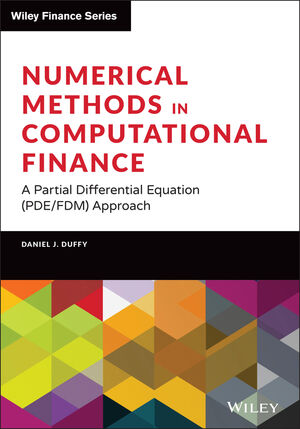- Joined
- 10/17/21
- Messages
- 17
- Points
- 13
I’m an Applied Math and Economics major from Stony Brook and we do not have a PDE course available for undergrad. However, I did take ODE and we touched upon PDE’s and my Quant Finance course I am taking right now is teaching Brownian motion, BSM model etc.
Thanks.
Thanks.
